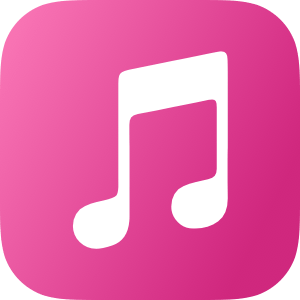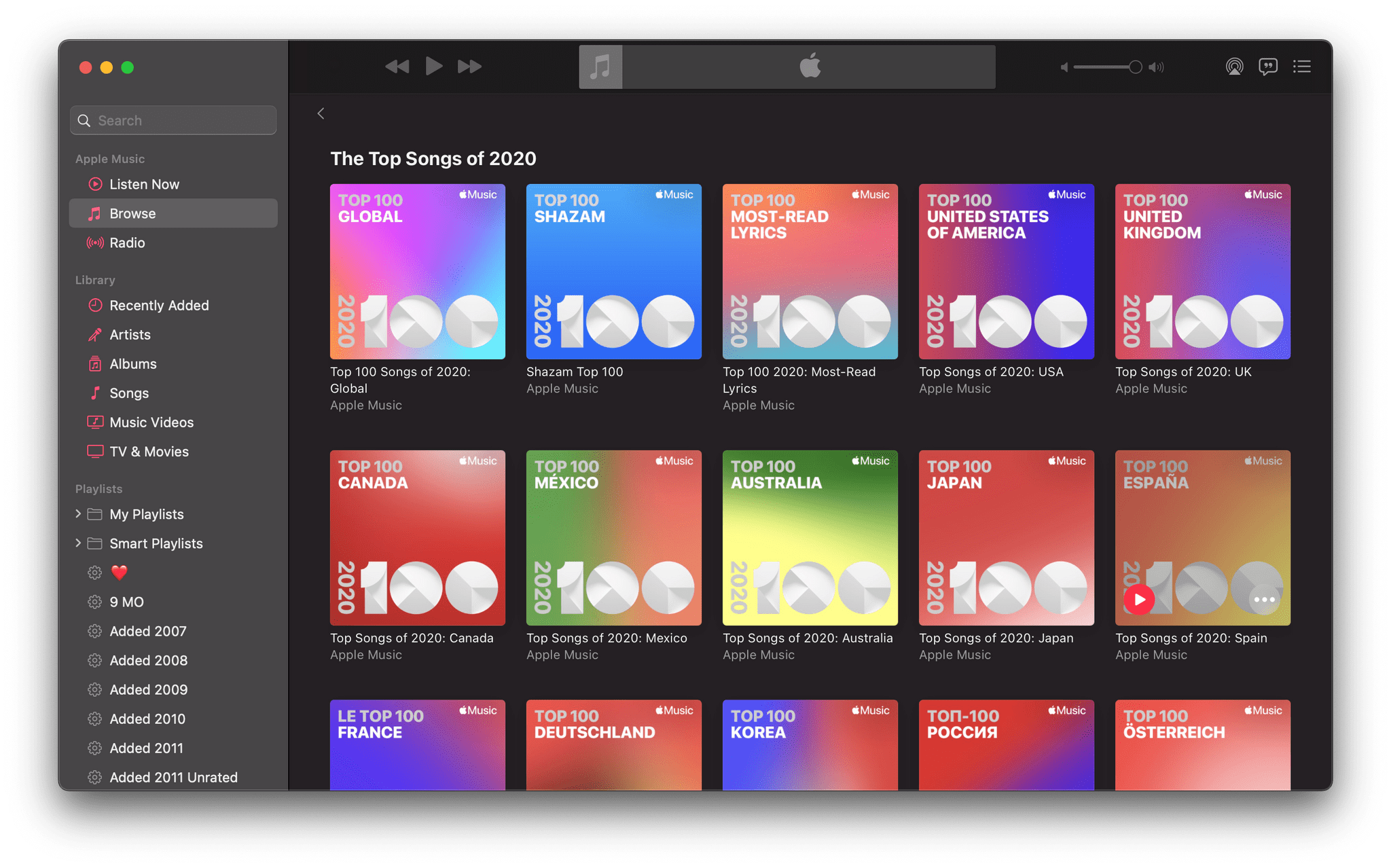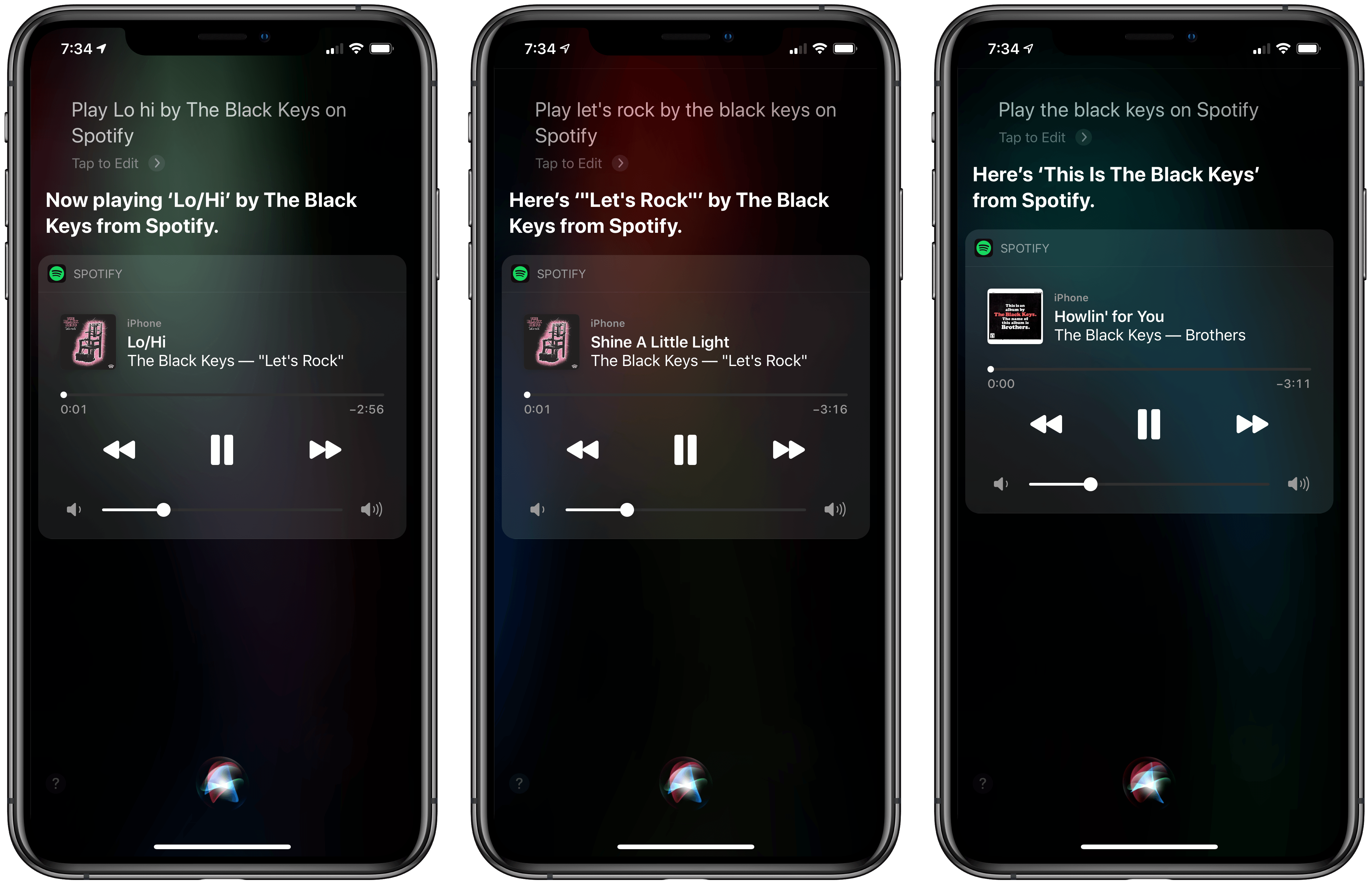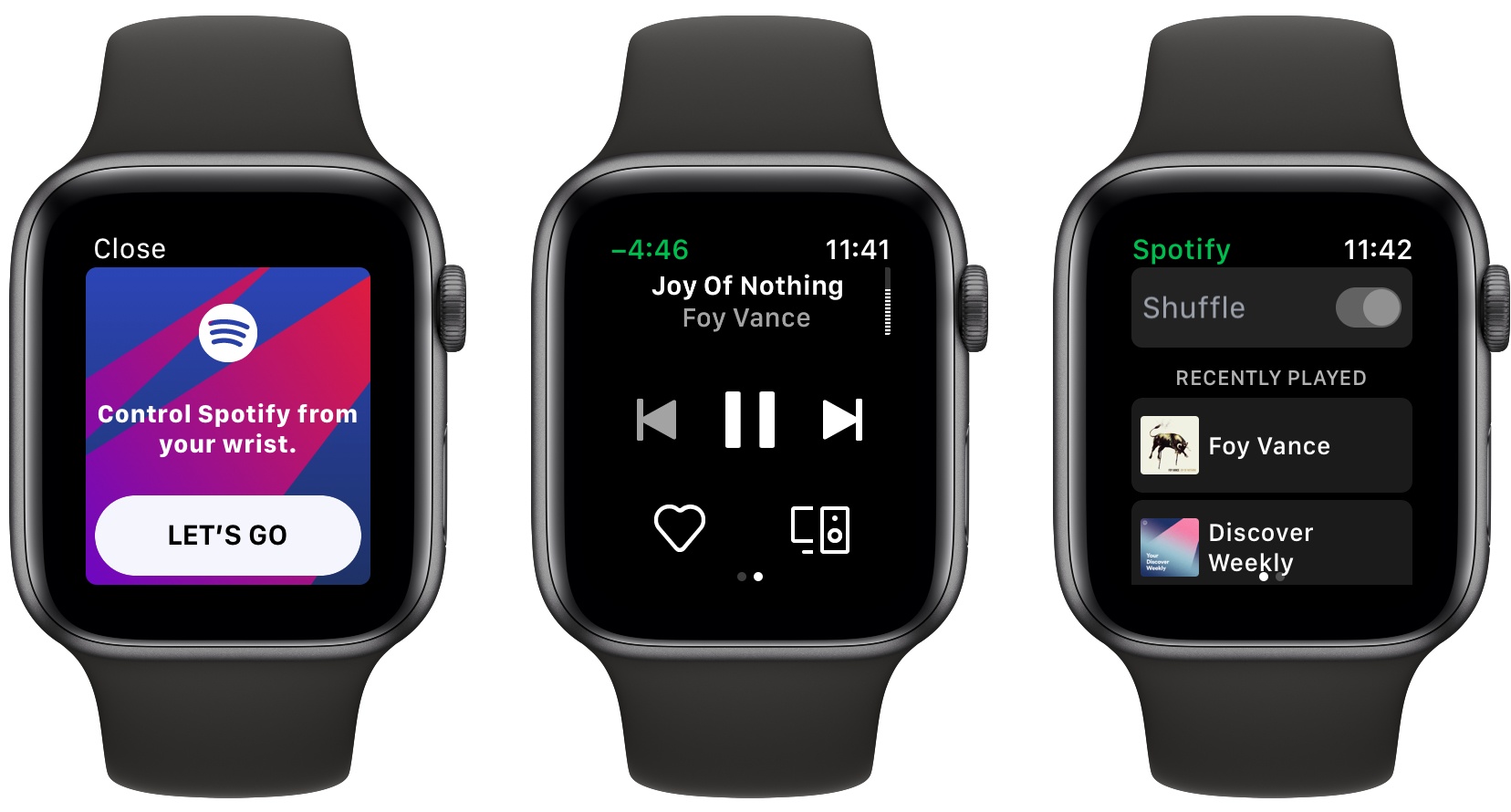Rumors have been circulating for several days that Spotify was in talks to acquire podcast producer Gimlet Media. Today, Spotify announced officially that it is not only acquiring Gimlet but also Anchor, the company that makes mobile apps for podcast creation.
Terms of the deals were not disclosed, but Recode’s sources say the Gimlet deal is in the neighborhood of $230 million. Although Recode hasn’t reported on the value of the Anchor deal, it also says that Spotify expects to spend up to $500 million this year on podcast acquisitions.
The two deals are part of a broader strategy by Spotify to offer audio content beyond music and use original content to entice people to sign up for its streaming service. In a blog post today, Spotify CEO Daniel Ek elaborated on the company’s strategy:
With the world focused on trying to reduce screen time, it opens up a massive audio opportunity.
This opportunity starts with the next phase of growth in audio — podcasting. There are endless ways to tell stories that serve to entertain, to educate, to challenge, to inspire, or to bring us together and break down cultural barriers. The format is really evolving and while podcasting is still a relatively small business today, I see incredible growth potential for the space and for Spotify in particular.
In just shy of two years, we have become the second-biggest podcasting platform. And, more importantly, users love having podcasts as a part of their Spotify experience. Our podcast users spend almost twice the time on the platform, and spend even more time listening to music. We have also seen that by having unique programming, people who previously thought Spotify was not right for them will give it a try.
Although the Gimlet purchase comes as no surprise following days of speculation, it’s fair to say no one saw the Anchor deal coming. Spotify has grown quickly in the two years that it has offered podcasts and now has the second largest podcast platform behind Apple. By purchasing Gimlet and Anchor, Spotify gains a stable of popular, professionally-produced podcasts as well as the means for anyone with a smartphone to record and share a podcast, covering a broad spectrum of the podcasting world with just two acquisitions.
Ek believes Spotify can bring the same value to podcasting that the company has brought to music:
Just as we’ve done with music, our work in podcasting will focus intensively on the curation and customization that users have come to expect from Spotify. We will offer better discovery, data, and monetization to creators. These acquisitions will meaningfully accelerate our path to becoming the world’s leading audio platform, give users around the world access to the best podcast content, and improve the quality of our listening experience while enhancing the Spotify brand.
To be clear, this doesn’t make music any less important at Spotify. Our core business is performing very well. But as we expand deeper into audio, especially with original content, we will scale our entire business, creating leverage in the model through subscriptions and ads. This is why we feel it is prudent to invest now to capture the opportunity ahead. We want Spotify to continue to be at the center of the global audio economy.
Although Ek hints in his blog post that podcasts are just the start of Spotify’s audio ambitions, what remains to be seen is how podcasts fit within Spotify’s business model. Spotify has studied video streaming and could follow suit making Gimlet’s podcasts like Reply All and other original content available only as part of a Spotify subscription. Spotify also says it will offer ‘monetization for creators,’ which could mean many different things including dynamic ad insertion in podcasts offered on its platform. Whatever approach Spotify takes with podcasting, the coming year will certainly be an interesting one for podcast creators and fans alike.


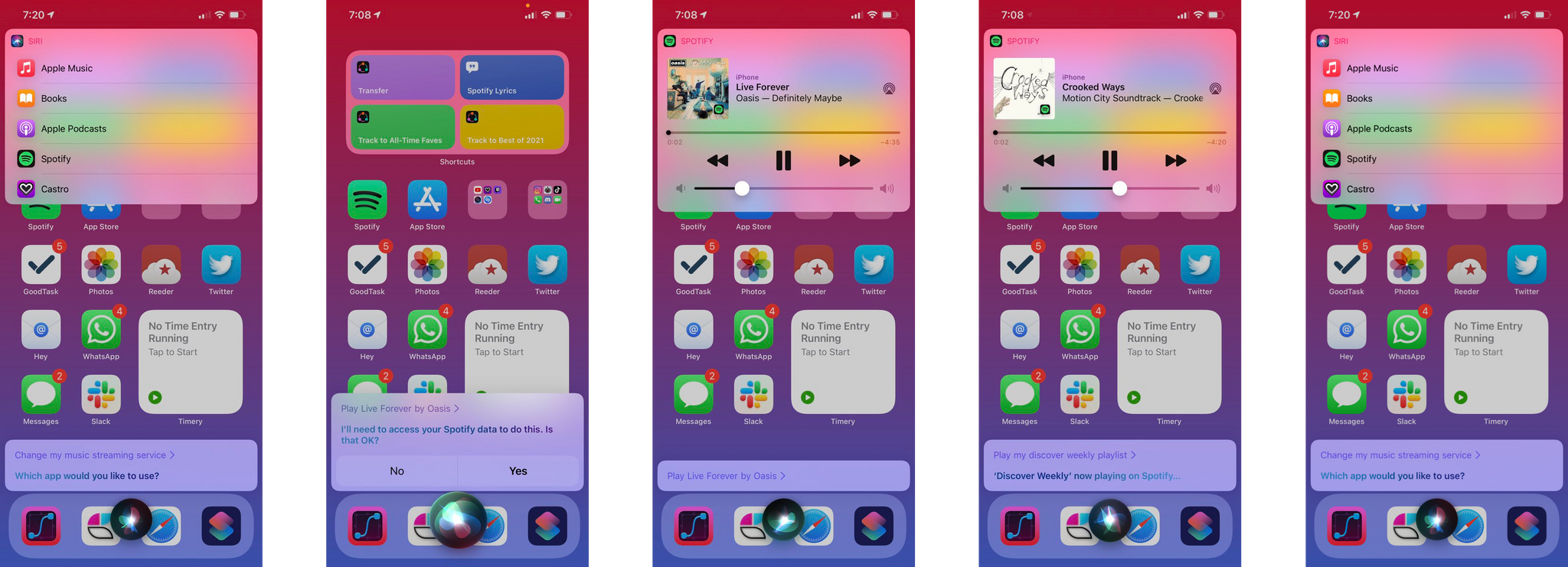
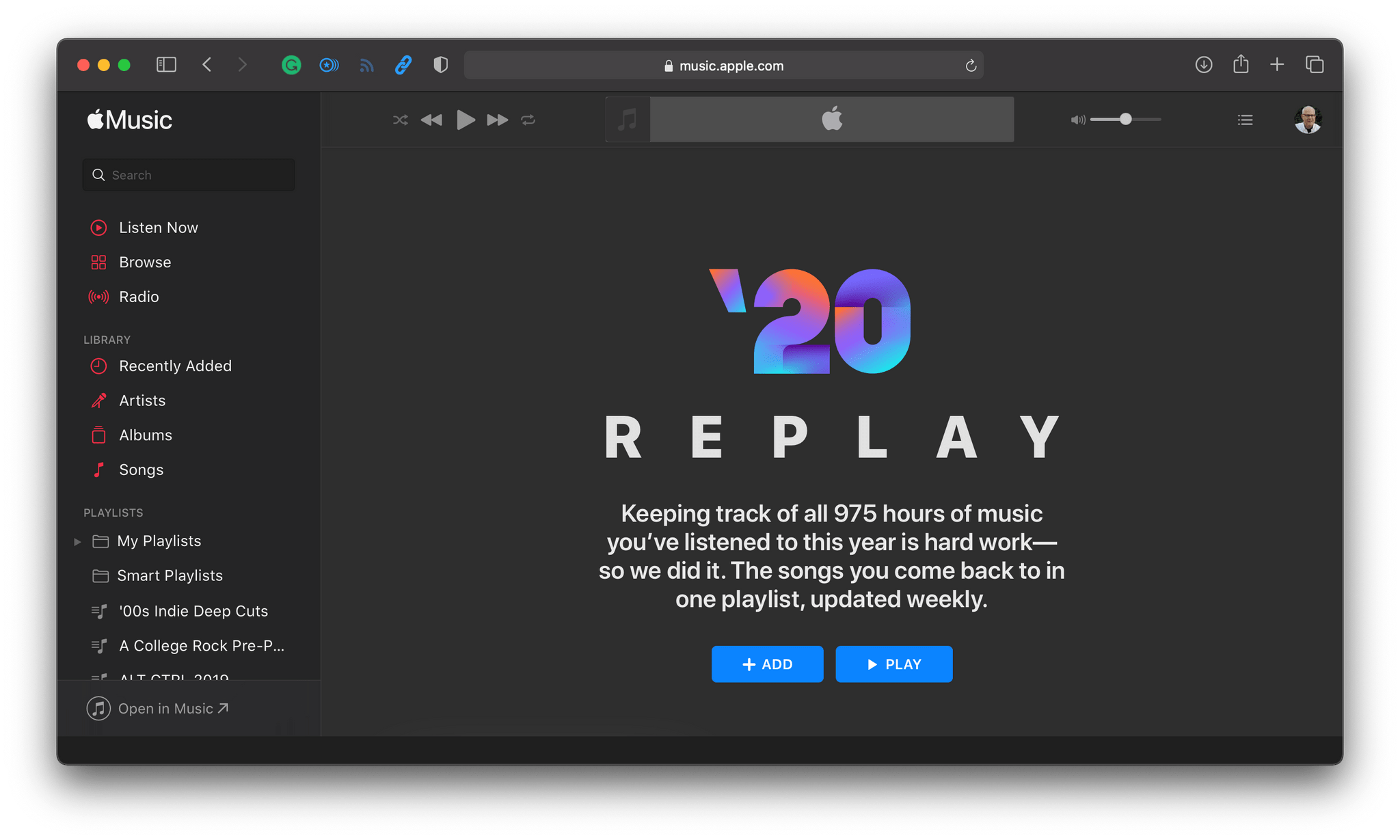
.](https://cdn.macstories.net/002/iVBORw0KGgoAAAANSUhEUgAAC50AAAjwCAYAAAAKgq9xAAAACXBIWXMAAAsTAAALEwEAmpwYAAAM-2%2027-1607010891241.png)
